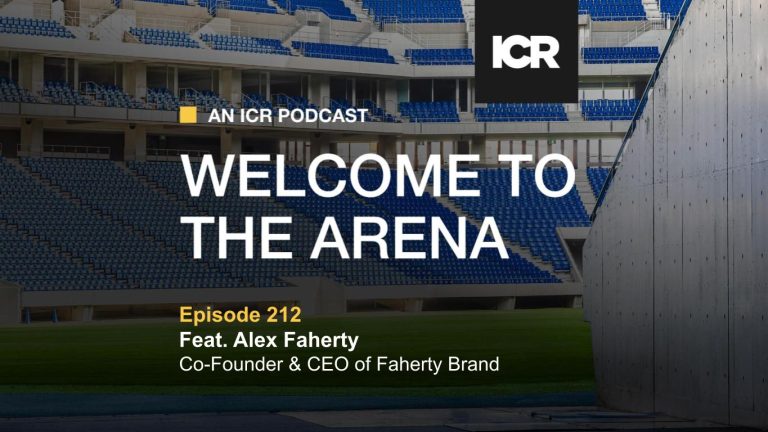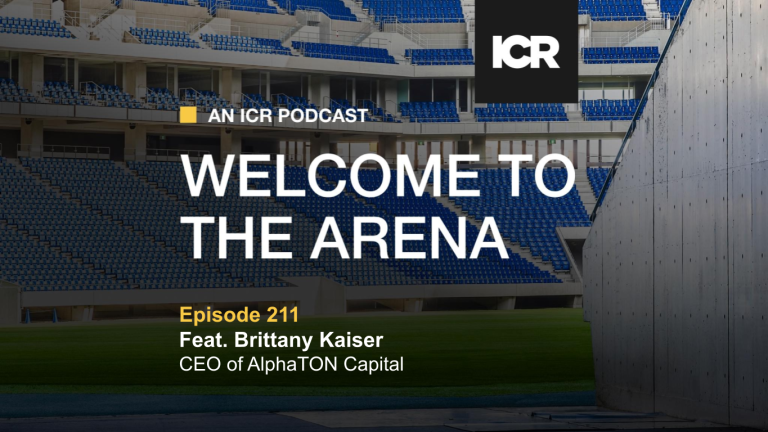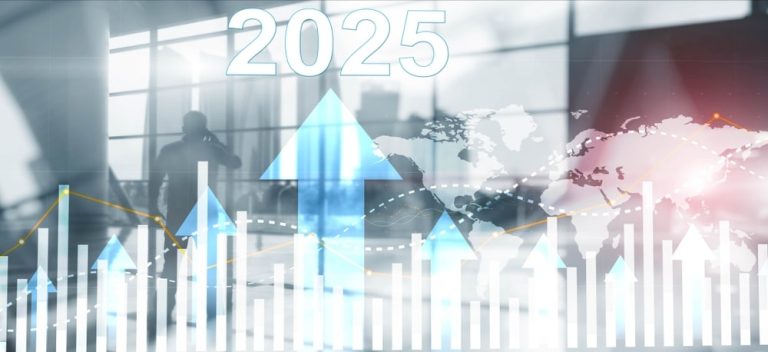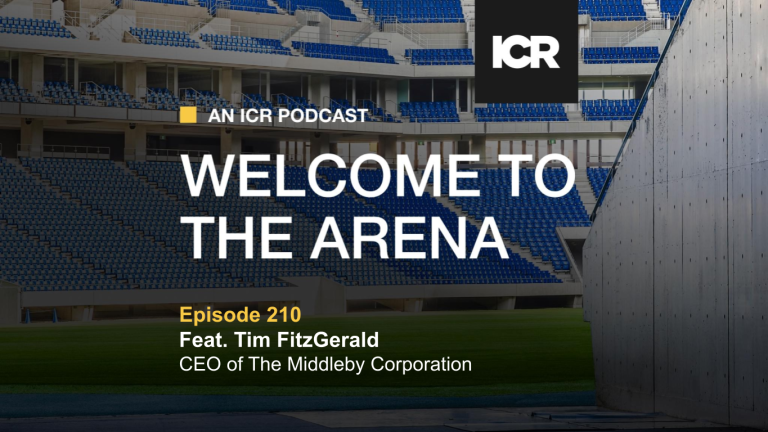Dr Edwin Moses was the CEO of Ablynx for 12 years until it was acquired by Sanofi for $4.8bn in early 2018. He recently took on his first post-Ablynx commitment, as Chairman of Syncona-backed Achilles Therapeutics which uses neoantigens to develop personalised cancer treatments.
What was the most challenging issue you faced while CEO of Ablynx?
In 2012 when Pfizer unexpectedly returned our anti-TNF Nanobody which had been in Phase IIb trials. Our stock cratered to €2 (IPO price: €7, subsequent M&A price: €45). I was on holiday watching the stock collapse and felt helpless. The biggest challenge was restoring confidence to the employees who felt they were being attacked for no good reason. When later AbbVie did not take an option to go forward with our anti-IL6R Nanobody, no-one within the company was too concerned as they figured we had weathered such storms before. What doesn’t kill you…
Describe the life science scene in Belgium.
Already from the world-leading plant genetics work of the ‘70s and ‘80s, Belgium has punched far above its weight in biotech and pharma. Investors have consistently seen success and so are far more resilient and realistic when failures occur. With multi-billion-euro companies like Ablynx, argenx and Galapagos, there is the potential to build even further on these successes.
What scientific publication do you rely on most for industry intelligence?
My ‘must read’ is BioCentury – all the news together with reviews of important topics.
Which investor do you feel understood the potential of Ablynx most?
Baker Bros of NYC looked at our story closely for 10 years. By the time we did the IPO in October 2017, they were completely convinced – particularly by the lead programme caplacizumab – and became the biggest order in the book. 10 years due diligence is unusual but they certainly knew Ablynx by the time they made their decision and then made 3x their money in about three months!
How did you go about the US IR mission and can you give us one tip?
The most important thing is as CEO to go there again and again and again – there is no substitute for shoe leather. I went to the US more than 6 times a year for 10 years so that by the time of the US IPO we already had more than a 40% US shareholder base. You will need a good local IR firm to get you in for non-deal roadshows as unless you are a €bn+ stock the investment banks will normally not be prepared to support these.
Favourite band?
The Killers. Seen them live five times.
Favourite sport to watch?
I love watching both soccer and rugby but get frustrated that soccer just doesn’t learn any of the on-field behavioural etiquette that much of rugby exemplifies and which adds much to the spectacle.
What do you do to relax?
Bikram yoga – 90’ at 40°C and 65% humidity – trying to stay alive stops you worrying about anything else! Also, walking our two border terriers – 10km and they have hardly got started! Their joy in just going for a walk is infectious.
How many board seats will you take and what’s the max?
About five depending on the individual commitments required.
What key principle from Ablynx will you apply to your new company Achilles Therapeutics?
Work hard and play hard. Surround yourself by passionate, talented people and then make sure they have the resources to change the world.
Why work at all?
That’s a bit like ‘Why live?’ We are in an industry which is intellectually stimulating, populated by bright and challenging people, where success means changing people’s lives. I am afraid golf really doesn’t compete with that!
Who have you learnt most from in your career?
…Giovanni Cozzone who was my CEO in an Italian biotech. He taught me, by example, if something should be done – do it now. (biotech urgency). I also helped him by persuading him not to call the company Genitalia.
Which healthcare company is worth watching in 2019?
Galapagos is aggressively ‘rolling the dice’ – exactly what biotechs were designed to do. If the bets pay off, the next few years will be tremendous for the company.
Which therapeutic space will rise and succeed in the years to come, in your view?
The manufacturing challenges associated with patient-specific therapies – particularly in oncology – will be resolved and this will revolutionize the future for the industry and patients.



